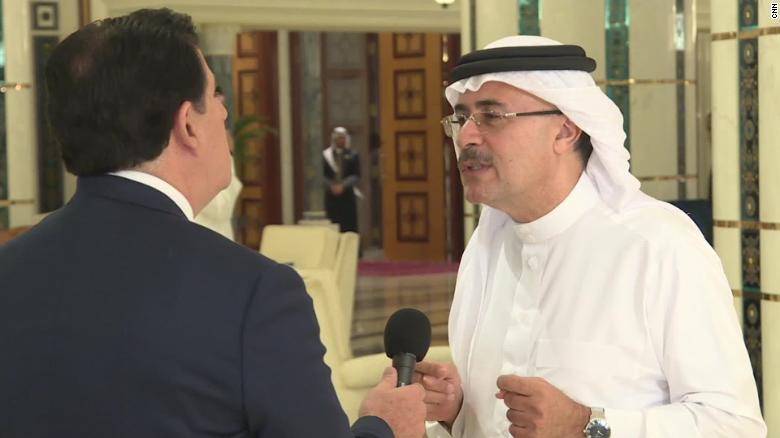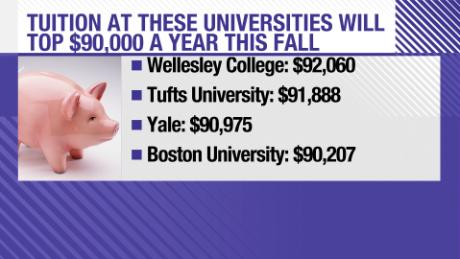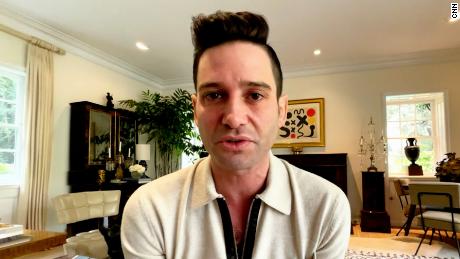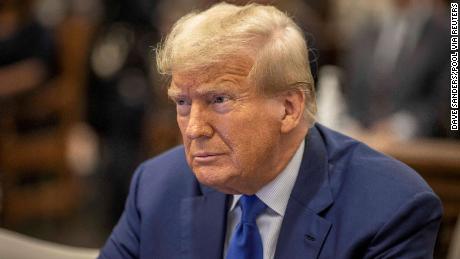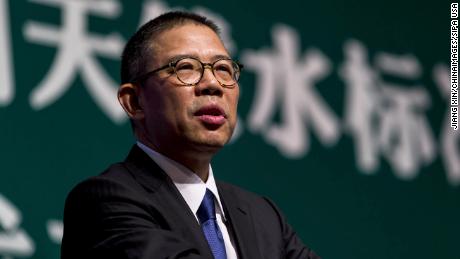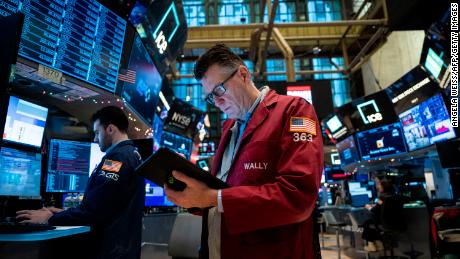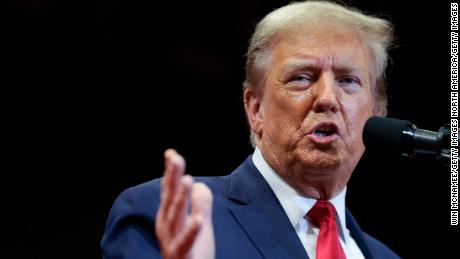Jeddah (CNN Business)An attack in the early hours of September 14 struck at the core of Saudi Aramco, jolting a company that earns over half of Saudi Arabia's total gross domestic product every year.
The drone and missile strikes that lit up the nighttime sky in the Kingdom's eastern province knocked out over half of the state-owned oil company's daily production of nearly 10 million barrels a day.
More importantly, it illustrated just how vulnerable the world's largest oil exporter is to an attack, despite Saudi Arabia having the highest per capita defense spending of any country in the world.
Saudi Arabia has seen its energy infrastructure, including pumping stations, pipelines, supertankers and oil and gas fields, continuously attacked over the past five months. The strikes culminated with last week's strike on Aramco's largest processing plant and its second largest oil field. Some of the attacks have been claimed Yemen's Houthi rebels, who are backed by Iran. Others have been blamed squarely on Tehran.
Instead of caving in, the Kingdom's energy minister has struck a note of defiance. When Prince Abdulaziz bin Salman was asked at a press conference if Saudi Arabia is feeling vulnerable after what the country described as war on its energy assets, he answered with a rhetorical question exuding a sense of national pride.
"Where would you find a company in the whole world that went through this devastating attack and came out like a phoenix rising from the ashes? None, but Saudi Aramco," he said.
It was a trial by fire for the older half-brother of Crown Prince Mohammed bin Salman shortly after taking the reins of the Ministry of Energy after the sudden ouster of Khalid Al Falih the weekend before the attacks.
During an interview with CNN Business, chief executive Amin Nasser described a harrowing scene sitting in the control room of the Abqaiq energy processing plant in the middle of the night, as he oversaw the emergency response team fighting 10 simultaneous fires.
"Putting out all these fires with oil and gas in these facilities with tanks burning in less than seven hours, this is the most reliable company in the world. We are able to deliver even under the worst scenario," he said.
Nasser said that Aramco is already at 70 percent of original output, will be back to pre-attack levels by the end of the month and at full capacity of 12 million barrels a day by November.
He also said the event will not delay Aramco's plans to go public in what could be the world's largest IPO. "This is still the most reliable company in the world," he said. "The timing of the IPO and the place of where it is to be listed is a government decision."
While Aramco executives were gratified by the rapid response of their engineers and what they said were heroic efforts by their emergency teams, there's also a recognition that the attacks against the Kingdom's most prized asset cannot be fought without international support. That message was framed in the context of global energy security, having seen nearly six percent of world supplies vanish overnight.
"If that level of production is out of the market for a sustained level of time, it is going to have consequences to the global economy," said Nasser.
During a briefing on state television, the Saudi Coalition on Yemen spokesman Lieutenant Colonel Turki Al Malki said this was not an attack on the Kingdom alone but on the global community.
The Saudi Press Association went a step further, quoting the Kingdom's Crown Prince as saying the incidents are a "true test of the international will to face these sabotage attacks that threaten global stability and security."
One can see how the narrative is quickly evolving ahead of next week's United Nations General Assembly, where Iran, which has denied any involvement in attacks on Saudi installations, will consume a large share of the security debate. Middle East analysts believe the Kingdom can claim a major victory if it can garner backing to defend their energy infrastructure.
The United States announced Friday it would send additional troops to Saudi Arabia and the United Arab Emirates in response to the attack, which the Washington has blamed on Tehran. Defense Secretary Mark Esper said the troops would be "defensive in nature and primarily focused on air and missile defense."
The spokesman for the Pentagon's Joint Chiefs Chairman General Joseph Dunford told CNN that US Central Command is already in consultation with Saudi Arabia to mitigate future risks. A maritime security coalition is already in place, with involvement of the United States and Britain, to police the Strait of Hormuz after a series of tanker attacks this summer.
A year ago, US President Donald Trump complained that Washington could no longer afford to defend Saudi Arabia and other gulf allies, implying they should rely on their own capabilities after America's rise to become the world's number one oil producer reduced its dependency on Middle Eastern supplies.
After the attacks last weekend, the United States and other allies are voicing their support for the Kingdom, which could translate into security assets being deployed and making Aramco potentially stronger than ever.
